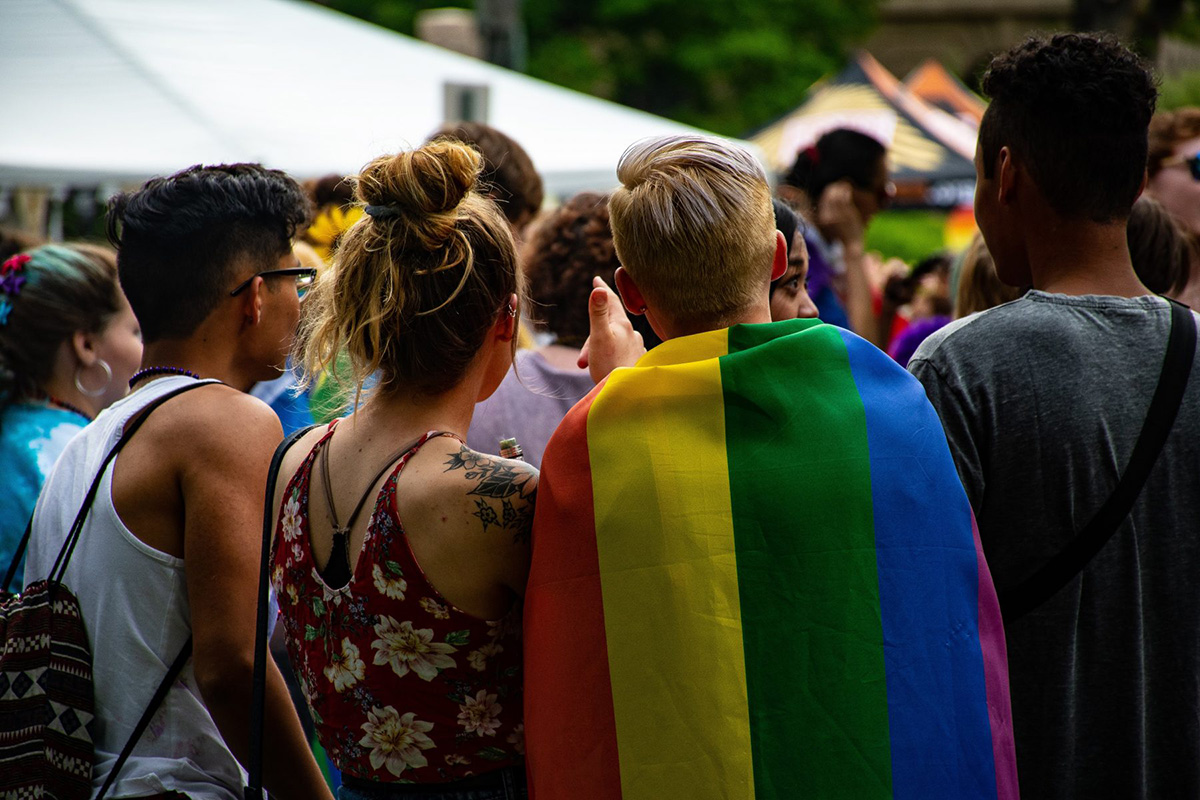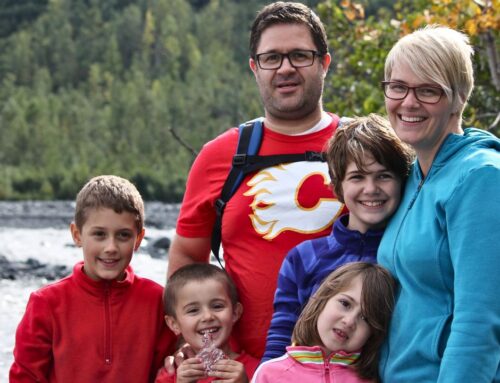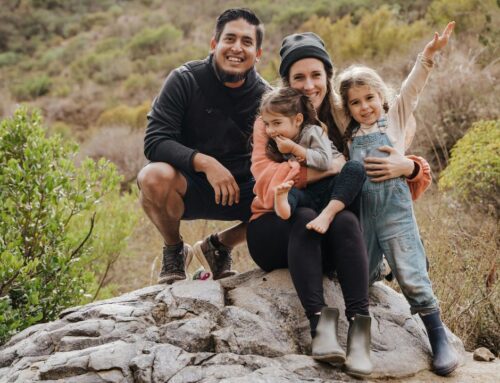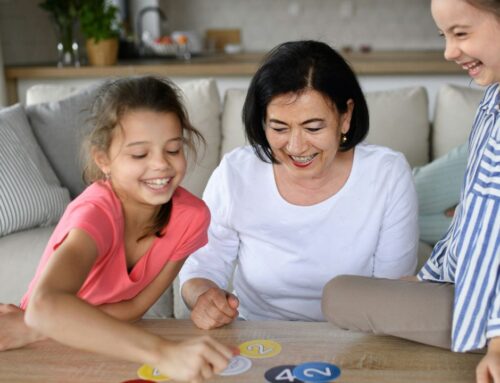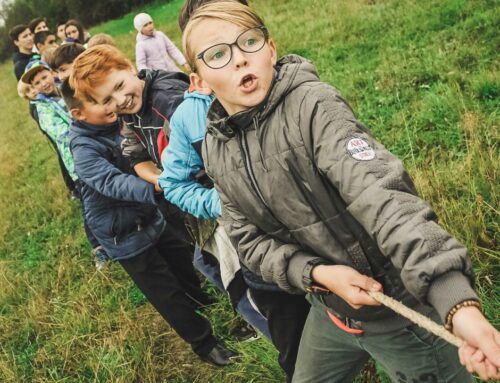British Columbia is a leader in developing education policies that make schools inclusive and safe for students of all sexual orientations and gender identities (SOGI). The Province added gender identity and expression to the B.C. Human Rights Code in 2016 and, shortly after, the BC Ministry of Education adopted the SOGI principles and directed all B.C. school districts and independent schools to protect and support youth who might identify as lesbian, gay, bisexual, transgender, queer, two-spirited, or other, or who might be exploring their gender identity and sexual orientation.
Complying with the directive was not a big leap for SelfDesign Learning Foundation. The foundation and our two learning programs – the independent, online learning school SelfDesign Learning Community and the SelfDesign HomeLearners’ Network – are guided by a core philosophy that assumes that every single learner is a person with their own intrinsic value, talents and abilities.
“It was really just formalizing what we’ve always believed – that everyone is valid and deserves to be seen and celebrated for who they are in all their multifaceted wonder. We’ve always provided a place and home for learners who come from diverse backgrounds and have diverse needs,” says SelfDesign Learning Community Vice Principal Catherine Dinim. “It was a no brainer for us to jump on board and tweak our existing policies around welcoming everyone to include language related to sexual orientation and gender identity.”
Our Family Services team has been helping to lead the work at SelfDesign. They look at what kind of services and information could be helpful and supportive to learners who are questioning or exploring their sexual orientation and gender identity, families of these learners, and educators who are working with these learners and families.
“We work alongside our Learning Experiences librarian to build some really awesome learning experiences around SOGI concepts and resources,” says Clarissa Tufts, Family Services team lead. “We’ve also developed virtual brochures that are available in Family Services’ online Brochure Rack about supporting learners and families who are exploring issues related to gender identity and sexual identity. We’re also trying to ensure that all of our learners can be connected to community resources in their own communities if and when needed.”
SelfDesign Learning Foundation has hosted online discussions, called Community Conversations, where experts on issues related to SOGI discuss best practices with SelfDesign educators and contractors.
In addition, a number of SelfDesign educators with professional or personal experience in the area have stepped forward and offered to help their colleagues support their learners and families. For example, one of our Family Services coordinators, Anastasia Hangemanole, is currently sponsoring a group of SelfDesign learners to initiate a Gender and Sexual Orientation Alliance (GSA) for our online learning community.
“Because of our inclusive nature, we have created a supportive environment, where learners and families in SelfDesign are comfortable sharing with educators. It’s really great to see,” Dinim says. “So, if a family comes to their educator and says, ‘Our child is exploring their gender identity and wants to use ‘they’ pronouns,’ even if the educator isn’t experienced in support themselves, they might say, ‘Okay, that’s new to me, but I know that the Family Services team has created some resources and that there are some library resources – maybe we can explore them together.’ They might ask if they’re already accessing supports in their community, or if they’d like to be connected to supports within SelfDesign or recommendations for community services. Meeting learners where they are, and supporting their growth, is what we do in SelfDesign.”
Dinim, Tufts and Hangemanole also attend provincial and regional SOGI 1 2 3 meetings regularly. They connect with other schools, school districts, school counsellors and educators from across the province. During these meetings, educators share experiences and ideas to continue to build a school culture of acceptance and support for all learners, including those who are exploring their sexual orientation and gender identity, families of these learners, and educators who are working with these learners and families. Dinim calls the interaction an “ongoing sharing circle.”
“It’s been really beneficial to hear what other schools are working through and struggling with, the issues that they have that we don’t have, and things that they do that we can’t quite imagine being able to create in an online environment,” she says. “There’s lots of idea sharing.”
The ideas can be as simple as including preferred pronouns in SelfDesign email signatures or being conscious of gender-related language in communications. They include developing orientation sessions and opportunities for professional development to build capacity on teams and for all of our contractors and educators, or can involve working with the Out in Schools program group. They can also include Bulletin articles on the subject of gender identity and sexual orientation for learners and families, or celebrating SOGI Awareness Month (April), LGBTQ2S+ History Month (October) or Pride Month (June) by highlighting related learning experiences or learner resources.
Whether it’s around sexual orientation and gender identity, or issues related to the interconnected nature of different aspects of identity and diversity – such as race, religion and ability – SelfDesign has always strived to be, and prided itself on being, an inclusive place where learners are comfortable to be themselves authentically.

